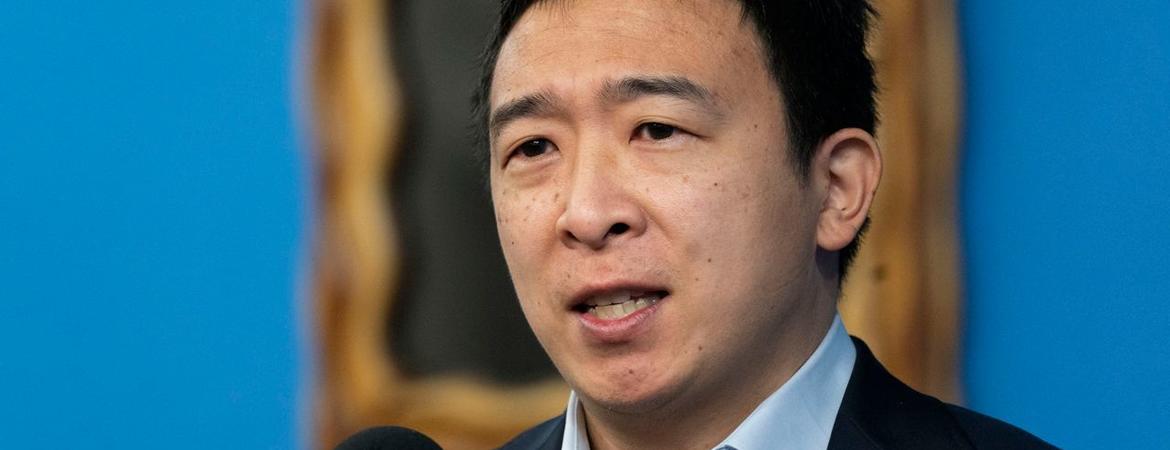Center for Social Innovation

Maybe you've noticed Andrew Yang's striking transformation from Democratic presidential candidate to one of the leading candidates to be the next mayor of New York City.
The businessman-turned-politician has done an about-face on identity politics, as the June 22 primary inches closer (early voting began last Saturday).
Here he is in 2019: "I understand the impulse, but identity politics are a great way to lose elections."
And here he is in 2021: "I feel a lot of responsibility to represent Asian Americans in New York City, who feel like their place in New York, their place in America, has been questioned."
Why the abrupt U-turn?
The son of Taiwanese immigrants, Yang has said that the shootings at three Atlanta-area massage parlors in March -- an attack that led to the deaths of eight people, most of them Asian or Asian American women -- and the ambient anti-Asian prejudice that has hovered over US society during the coronavirus pandemic have made him rethink his attachment to his identity.
"I've certainly had the feeling that many Asian Americans walking the streets of New York have gotten over the last number of months, where before, frankly, I might have felt like I blended into the woodwork," he told The Washington Post. "And now it seems like people notice that I'm there, but they're not excited for me to be there."
Despite the shift, Yang still has his detractors, who underscore that his sudden embrace of his identity feels like political pandering designed to tug at voters' heartstrings.
"He's just gone from delivering stereotypical jokes to self-righteously condemning them as it has suited his political needs," The Daily Beast's Charissa Isidro wrote. "Speaking as a Filipina American: If this is how we're supposed to get more Asian American representation in politics, I don't want it."
In addition, there's a big difference between sticking up for marginalized groups in stump speeches and centering or even meaningfully including them in a campaign platform. Critics point out that Yang is thin on policy proposals that resonate with or would benefit Asian Americans.
"If Andrew Yang wants to represent the AAPI community, he will need to build trust and organize the community just like any other candidate," said Sara Sadhwani, a senior researcher at the civic engagement nonprofit AAPI Data. "Sharing his immigrant story, listening and showing understanding for the needs the community faces and, most importantly, making good on any promises that are made to the community -- this is all part of responsive representation."